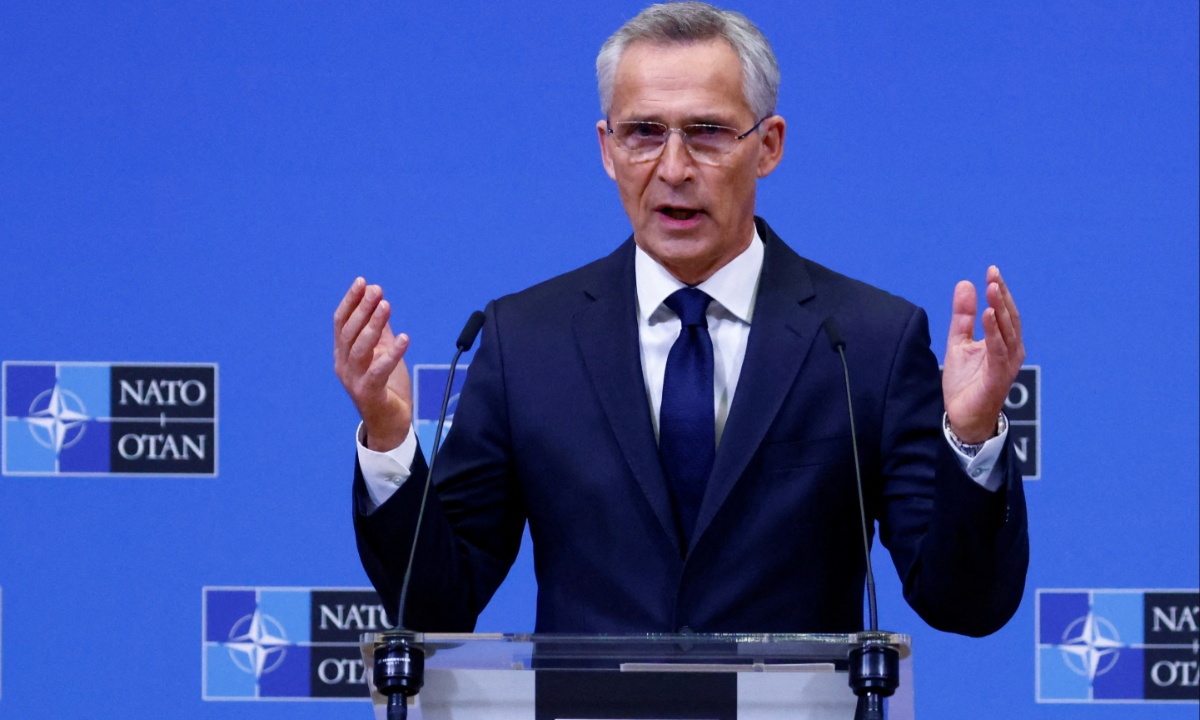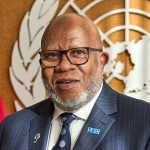NATO Secretary-General Jens Stoltenberg announced that a record 23 out of 32 member nations are meeting the alliance’s defense spending target this year, marking a significant increase from previous years.
This surge in defense spending, nearly quadrupling from 2021, reflects heightened concerns due to Russia’s invasion of Ukraine. Stoltenberg highlighted this progress during a speech at the Wilson Center, emphasizing Europe’s increased commitment to collective security amid evolving geopolitical threats.
Following his speech, Stoltenberg met with U.S. President Joe Biden at the White House, where Biden praised NATO’s unity and strength under Stoltenberg’s leadership. Biden expressed support for NATO’s role in deterring Russian aggression and emphasized the alliance’s importance for U.S. national security and job creation through increased defense equipment purchases.
The commitment to spend at least 2% of GDP on defense, agreed upon by NATO members last year, has seen Poland and Estonia lead by example, with both exceeding the United States in defense spending relative to GDP. NATO countries and Canada have collectively increased defense spending by nearly 18% this year, the largest such increase in decades.

Stoltenberg acknowledged concerns over fluctuating U.S. administrations’ views on NATO spending, particularly under former President Donald Trump, who criticized allies for insufficient defense expenditures.
However, Stoltenberg noted a positive shift in this regard and stressed the upcoming NATO summit in Washington as pivotal for further strengthening the alliance’s capabilities and addressing ongoing challenges, including support for Ukraine amid Russia’s aggression.
The summit’s agenda is expected to focus significantly on Ukraine’s defense and NATO’s response to Russian actions. Despite not yet offering Ukraine membership due to ongoing conflict, NATO has intensified support, including streamlined membership processes and increased military aid.
Stoltenberg emphasized that NATO membership for Ukraine, once achievable, would secure peace and deter future Russian aggression in the region.
The summit’s importance is underscored by recent international efforts to stabilize Ukraine, as seen in the Switzerland conference aimed at peace initiatives, although Russia did not participate. Meanwhile, Ukraine continues to resist Russian advances with limited resources, highlighting the critical need for ongoing NATO support and solidarity.
NATO’s increased defense spending reflects a united front against growing threats in Europe, particularly from Russia. The alliance’s strategic priorities, including bolstering defenses and supporting Ukraine, will shape discussions at the upcoming summit as NATO strives to maintain security and stability in the face of evolving global challenges.


